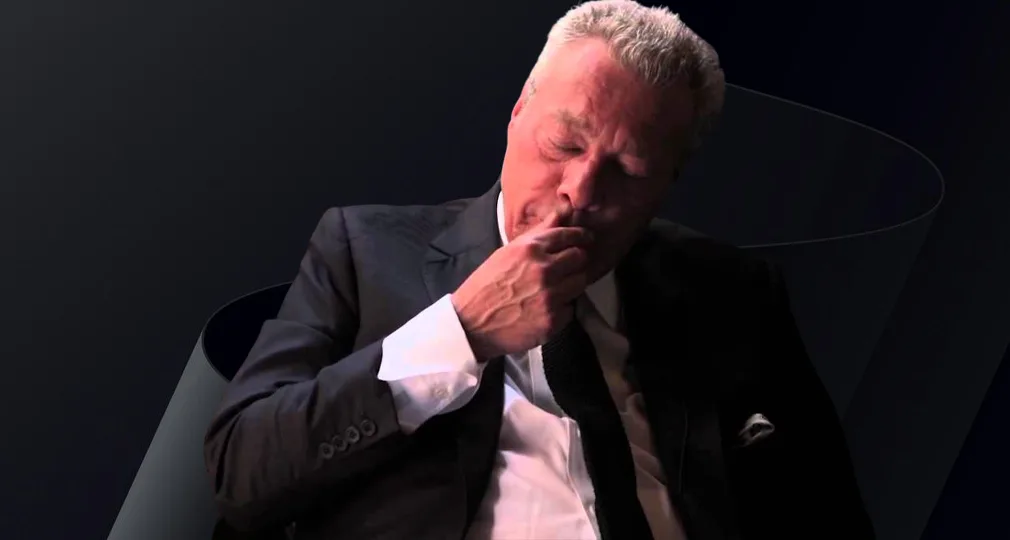The Chandler family has left an indelible mark on the gambling industry. For nearly a century, their name was synonymous with betting excellence, much like the name Coppola in the film industry or Jackson in music. The family’s impact on the sector was so profound that when they sold their business in 2014, it felt akin to royalty abdicating the throne.
The roots of their legacy date back to 1933 when William Chandler opened the Walthamstow Stadium in London, a greyhound racing venue that quickly gained prestige. However, some sources suggest that William had already been involved in the betting industry in the 1920s, operating in the then-illegal market. By the post-war era, the number of greyhound racing stadiums in the UK had grown to 77, but Walthamstow remained an elite venue, even hosting races with dogs owned by Prince Philip.
Expanding into the Betting Market
After World War II, William Chandler split his business between his two sons. Charles Chandler took control of the stadium, while Victor Chandler Sr. expanded the family’s presence in gambling. By 1961, when the UK legalized betting shops, the gambling landscape changed dramatically. Hundreds of bookmakers sprang up weekly, and the Chandlers seized the opportunity to expand their operations.
Following his father’s passing in 1975, 20-year-old Victor Chandler Jr. took over the family business. Having studied in Switzerland and briefly worked in Spain, he returned to London to manage the company. The transition was challenging, and some betting shops were sold to stabilize finances. However, in 1977, the Royal Ascot races brought a significant boost, marking a turning point in the company’s fortunes.
Innovation and Offshore Expansion
A pivotal moment in the Chandler legacy came in 1999 when the company moved its headquarters to Gibraltar. This strategic relocation allowed the business to avoid the heavy gambling taxes imposed in the UK. The move was revolutionary at the time, setting a precedent that many other betting operators would later follow. Chandler’s company became one of the pioneers of online gambling, recognizing the potential of digital platforms before many competitors.
For years, Victor Chandler Jr. was the face of the company, appearing in advertisements and promotional campaigns. Under his leadership, the business expanded into new markets, including Germany, Eastern Europe, and Asia. The firm also underwent multiple rebrandings—changing from Victor Chandler to VC Bet in 2004 and later reverting to its original name in 2008. By 2012, another transformation occurred, leading to the birth of BetVictor.
The End of an Era
By 2014, after four decades at the helm, Victor Chandler Jr. decided to sell the company to businessman Michael Tabor. Reflecting on his career, he admitted to missing the adrenaline rush of old-school betting—when deals were made in seconds over the phone, and gamblers walked in with bags full of cash.
“I miss the thrill, the fast-paced decision-making, and the direct interaction with clients. The industry has changed dramatically over the years,” Chandler admitted in an interview.
Although the company retained the name BetVictor, Chandler took on an advisory role, stepping out of the limelight. His departure marked the end of a historic chapter in UK gambling, but the legacy of the Chandler family remains deeply embedded in the industry.
Looking to the Future
Despite the sale, BetVictor continues to be a prominent force in online gambling. However, with a new generation of operators and evolving technologies, the industry is constantly shifting. Whether future players will shape the market as profoundly as the Chandlers remains to be seen. One thing is certain: their influence on the world of betting will not be forgotten.
Read more: Best Online Casino in Germany














